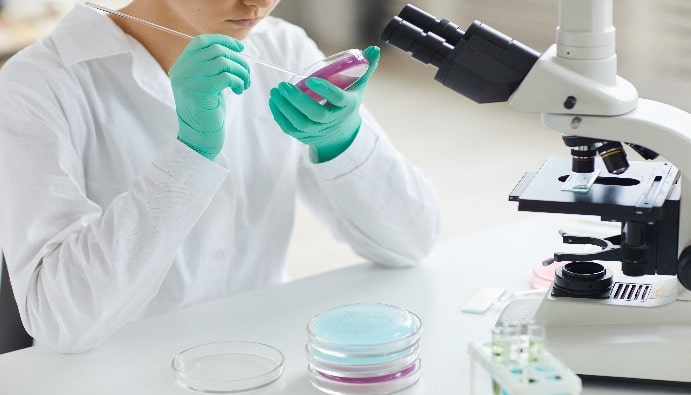
BLOG
KATEGORİDEKİ DİĞER YAZILAR

Coagulase-positive staphylococci, mainly Staphylococcus aureus, are bacteria that produce an enzyme called coagulase and therefore cause coagulation (clotting). These bacteria are known as pathogenic microorganisms that can cause diseases in humans and animals. Coagulase production helps the bacteria to escape the immune system and cause infections.
Staphylococcus aureus and other coagulase-positive staphylococci can pose serious risks to food safety. When these bacteria multiply in food products, they can cause consumption-related food poisoning. In particular, S. aureus produces a toxin called enterotoxin, which causes symptoms of food poisoning such as nausea, vomiting and diarrhea when food is consumed. The presence ofS. aureusin food products makes microbiological control requirements even more important.
The enumeration of coagulase positive staphylococci is very important to ensure the safety of products, especially in food production and sale. Excessive amounts of these bacteria pose potential health risks. Counting, as part of microbiological analysis, helps to determine the presence of these bacteria in food products and detect possible contamination. The potential for S. aureus in particular to produce enterotoxins should be carefully monitored to prevent consumption-related illness.
Nanolab Laboratories Group continues to provide services within the scope of Counting Coagulase Positive Staphylococci. We also provide services for Lactic Acid Bacteria Enumeration in Foods.
Contact us for more information.
You can follow us on LinkedIn for up-to-date news and posts about our services.
Follow our Instagram account to be informed about our latest blog posts.